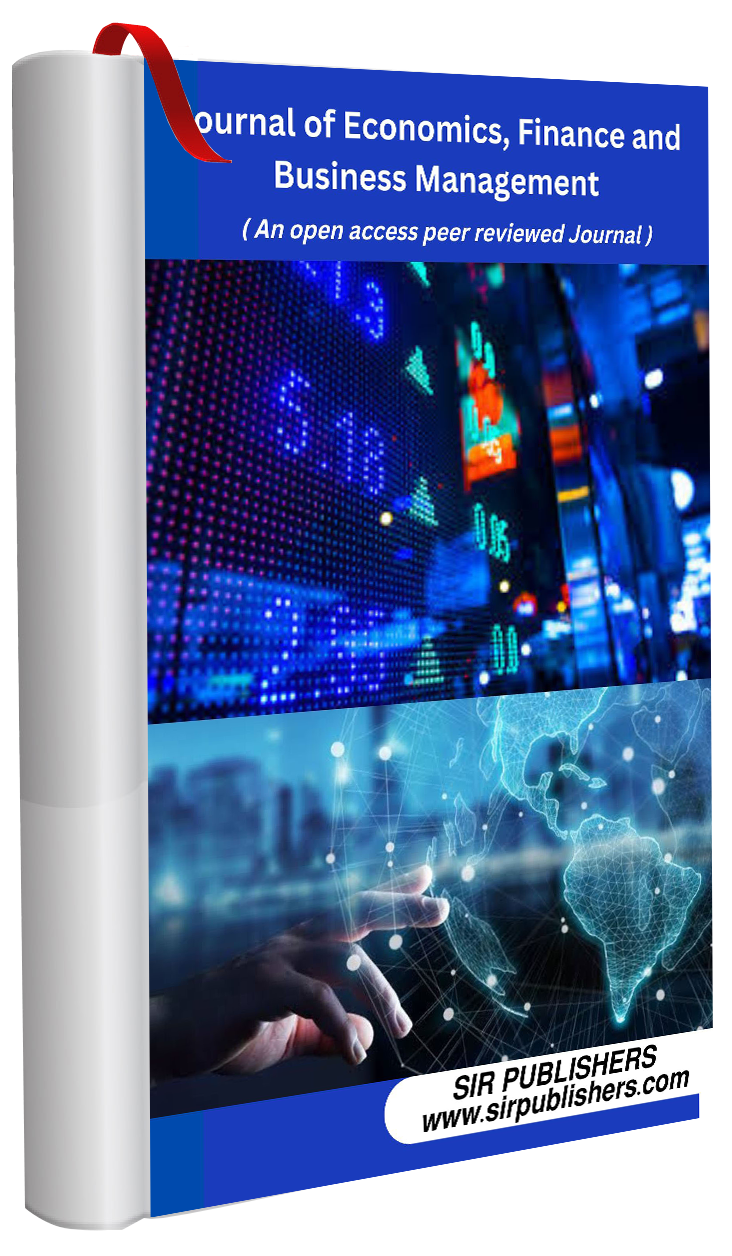IMPORTANT FEATURES OF THE FORMATION OF ECOLOGICAL CULTURE IN STUDENTS
Keywords:
Ecological culture, Environmental education, Sustainability, Hands-on learning, Critical thinking, Global perspective, Interdisciplinary approaches, Art and creativity, Environmental advocacy, Green careers.Abstract
This article explores the vital features essential for the formation of ecological culture in students. From the integration of comprehensive environmental education to fostering a global perspective and promoting hands-on learning, it delves into strategies for cultivating a deep understanding and appreciation for the environment. The article emphasizes the importance of interdisciplinary approaches, ethical considerations, and the integration of technology in shaping students into responsible stewards of the planet. It also highlights the role of community engagement, the arts, and the need for continuous learning to ensure a holistic and adaptable ecological education. By examining these key features, the article provides a roadmap for educators and institutions aiming to instill ecological values in the next generation.
References
Adams, M., & Brown, B. (2017). "Environmental Justice: Organizing for Transformative Pedagogy." Journal of Sustainability Education, 12.
Sterling, S. (2010). "Learning for resilience, or the resilient learner? Towards a necessary reconciliation in a paradigm of sustainable education." Environmental Education Research, 16(5-6), 511-528.
Chawla, L., & Derr, V. (2012). "The development of conservation behaviors in childhood and youth." In P. Corcoran & J. B. Cutter-Mackenzie (Eds.), "Engaging with Climate Change: Psycho-social Perspectives" (pp. 119-136). Springer.
Rustamova, R. (2022). OILA MUSTAHKAMLIGINI TAʼMINLASHDA YOSHLAR TARBIYASINING AHAMIYATI. Science and innovation, 1(B8), 34-39.
Parpievna, R. R. (2022). ACTUALITY AND DIRECTIONS FOR THE FORMATION OF A HEALTHY LIFESTYLE AMONG STUDENTS. Евразийский журнал медицинских и естественных наук, 2(3), 139-146.
Ravshan, O., Ra'no, R., Usmon, A., Risbek, S., & Azizkhon, K. (2020). The aral tragedy and its threats to regional life, issues of cooperation in solving the aral problem. International Journal of Scientific and Technology Research, 9(4), 3016-3021.
Rustamova, R. (2022). TA'LIM MUASSASALARI O'QITUVCHILARINING MEXNAT SHAROITLARI XAVFSIZLIGINI OSHIRISH. Science and innovation, 1(B4), 297-301.
Rustamova, R. P. (2022). THЕ RОLЕ ОF ЕСОLОGIСАL СULTURЕ IN THЕ DЕVЕLОPMЕNT ОF THЕ INDIVIDUАL. Academic research in educational sciences, 3(NUU Conference 2), 898-903.
Parpievna, R. R., & Zafarovich, O. R. (2021). Application of Artificial Neural Networks for Analysis of Pathologies in Blood Vessels. Annals of the Romanian Society for Cell Biology, 4074-4082.
Okhunov, R. Z., Rustamova, R. P., Rasulova, M. I., Ismailova, A. M., & Parmanova, N. A. (2022). Improving the Safety of Working Conditions for Teachers and Employees of Higher Education Institutions. resmilitaris, 12(3), 3770-3779.
Рустамова, Р. (2022). The role of national and universal moral culture in family upbringing. Общество и инновации, 3(6/S), 58-61.
Rustamova, R. (2022). IMPROVING THE SAFETY OF WORKING CONDITIONS FOR TEACHERS OF EDUCATIONAL INSTITUTIONS. Science and Innovation, 1(4), 297-301.
Rustamova, R. P. (2023). EFFECTS OF TOXIC AND HARMFUL SUBSTANCES ON THE HUMAN BODY AND PROTECTION FROM THEM. British Journal of Global Ecology and Sustainable Development, 13, 19-22.
UNESCO. (2017). "Education for Sustainable Development Goals: Learning Objectives." Retrieved from https://unesdoc.unesco.org/ark:/48223/pf0000247444.
Orr, D. W. (1992). "Ecological Literacy: Education and the Transition to a Postmodern World." State University of New York Press.
Palmer, J. A. (1998). "Environmental education in the 21st century: Theory, practice, progress and promise." Routledge.
Boynton-Jarrett, R., Hair, E., & Zuckerman, B. (2013). Turbulent times: Effects of turbulence and violence exposure in adolescence on high school completion, health risk behavior, and mental health in young adulthood. Social Science & Medicine, 95, 77–86.
Bull, S. S., Levine, D. K., Black, S. R., Schmiege, S. J., & Santelli, J. (2012). Social media-delivered sexual health intervention: A cluster randomized control trial. American Journal of Prevention Medicine, 43(5), 467–474.








